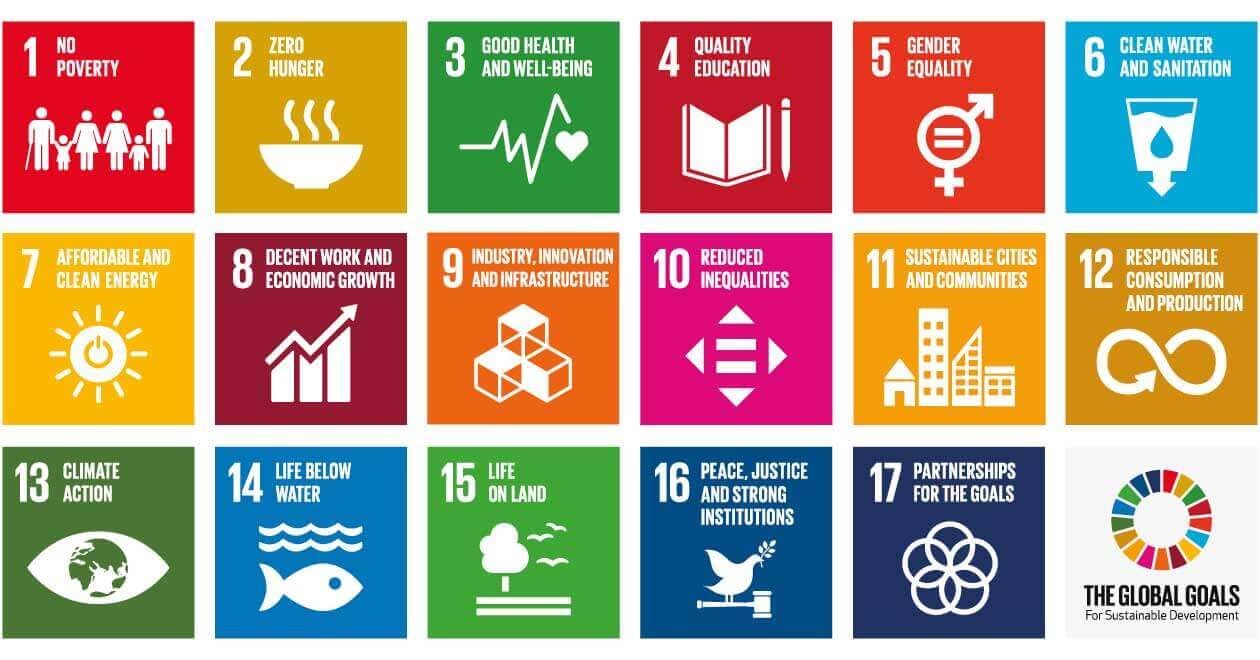
Robumi Lifestyle & Sustainability
Sustainability is at the core of everything we do.
Our approach focuses on minimizing our ecological footprint while promoting a positive impact on people and society. In short: we strive for a responsible and sustainable future.
Our commitment to sustainability spans the entire process—from fiber to fabric to fashion. Every aspect, from sourcing and production to packaging, is designed to contribute to an environmentally conscious and ethically responsible product.
By using eco-friendly materials and partnering with manufacturers that uphold responsible production methods, we create stylish clothing that’s good for both people and the planet. All our garments are ethically handcrafted in a GOTS- and SEDEX-certified factory in India, where our suppliers follow a closed-loop production system that responsibly captures, recycles, and disposes of all forms of waste. In line with GOTS guidelines and environmentally friendly practices, we exclusively use OEKO-TEX-certified materials such as yarns, inks, dyes, and chemicals—ensuring our products are free from harmful substances and contribute to a socially responsible and sustainable future.
During the creation of our first collection, we personally visited the factories and local suppliers in India to ensure transparency and quality. This hands-on connection allows us to uphold our sustainable values, and we’re committed to repeating this process as soon as possible to continue investing in responsible craftsmanship and fair production.
But sustainability goes beyond materials and clothing production. It also means continuously assessing our business practices—from packaging and shipping to our daily operations. We actively seek to collaborate with like-minded businesses that share our mission for a cleaner planet and more socially conscious way of doing business.
Our 4 pillars of sustainability
Ethical, certified sourcing & production
To be environmentally responsible, we ensure that every step in our fashion chain adheres to eco-friendly practices. That is why we partner exclusively with certified organizations, ensuring that both environmental and social standards are maintained as well as that all processing stages undergo yearly third-party inspections.
Our products are produced in a GOTS- and SEDEX-certified facility, whereby the entire supply chain functions within an eco-friendly, closed-loop system in which any wastage is captured, reused and disposed of appropriately.
Eco-friendly fabric
By committing to the use of eco-friendly fabrics like bamboo, we create sustainable fashion that benefits our planet and makes you feel good about your choices.
How we reduce our own carbon footprint
As a sustainable lifestyle brand, we believe our first responsibility is to look inward and minimise our environmental impact wherever possible. That begins with simplifying and streamlining our supply chain and product range to avoid excess and waste.
We also focus on reducing our footprint through conscious packaging and shipping practices. Here’s how we put that into action:
- Plastic-free packaging: We use only eco-friendly, plastic-free materials.
- No airfreight for bulk shipments: We avoid high-emission air transport whenever possible.
- Low-impact local shipping: In the Netherlands and Belgium, we promote Vinted GO (formerly Homerr) for deliveries, achieving up to a 68% reduction in CO₂ emissions.
Social responsibility
We strive to create a positive impact both within our immediate environment and in the regions where our production takes place. By upholding ethical standards and ensuring fair labour practices and wages throughout every step of the supply chain, we actively work to prevent exploitation.
As part of this commitment, we aim to:
- Become a B-Corp certified organization
-
From fibre to fashion
To create our comfortable shirts and polos as responsibly as possible, we follow a thoughtful production process. Each step helps us build a better, more sustainable product - start to finish.
- Fabric - eco-friendly bamboo from a GOTS certified textile mill
- Dyeing - processed in a GOTS certified facility using only OEKO-TEX certified dyes
- Embroidery - using OEKO-TEX certified threading (Picasso)
- Printing + labelling - using OEKO-TEX certified paints / inks
- Garment stitching - GOTS & SEDEX certified facility
- Packaging and bulk shipping - prevent use of plastics
- Shipping - using environmentally friendly paper & carton packaging
.
-
GOTS & SEDEX certified production
To underscore our commitment to sustainable and ethical practices, we solely work with a garment manufacturer that adheres to the Global Organic Textile Standard (GOTS) and SEDEX. Although bamboo is not considered an organic fibre by definition of GOTS, GOTS certified business entities apply the same business practices as they do for organic cotton.
-
GOTS (Global Organic Textile Standard) - Recognised as the world’s leading certification for organic fibres, setting strict environmental and social criteria across the entire textile supply chain. It ensures that products are made with sustainably sourced materials and produced under ethical, eco-conscious conditions — all verified by independent certification.
-
SEDEX (Supplier Ethical Data Exchange) - Globally recognised organization that promotes ethical and responsible business practices across supply chains. Members commit to regular audits covering labour rights, health and safety, and environmental impact — ensuring greater transparency, accountability, and social responsibility throughout their operations.

Supporting companies become eco-conscious
Sustainability Development Goals
We aim to fulfill the Sustainability Development Goals set out by Project Everyone and UN as much as we can. For ourselves and our planet.
Robumi Lifestyle aims to fulfill the following Sustainable Development Goals (SDG's) by UN
-
Responsible consumption and production
Ensure sustainable consumption and production patterns.
-
Life on land
Sustainably manage forests, combat desertification, halt and reverse land degradation, halt biodiversity loss.
-
Sustainable cities and communities
Make cities inclusive, safe, resilient and sustainable.
-
Climate action
Take urgent action to combat climate change and and its impacts.
-
Decent work and economic growth
Promote inclusive and sustainable economic growth, employment and decent work for all.











